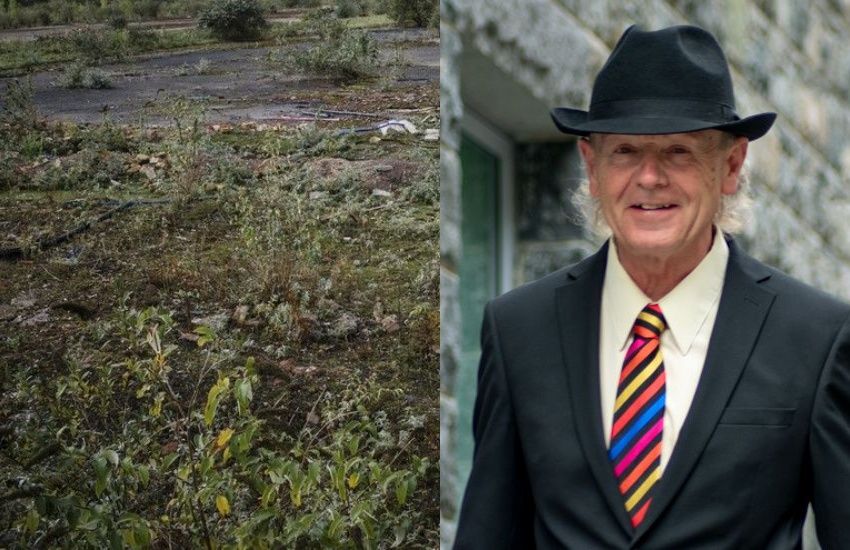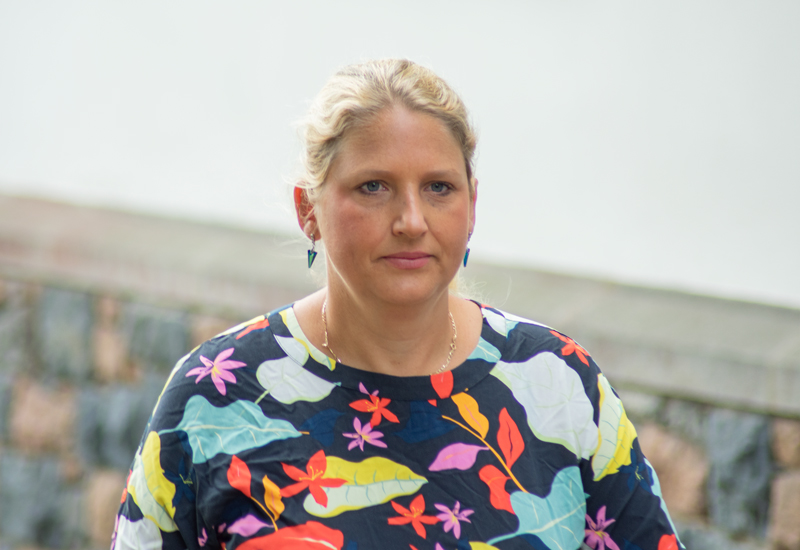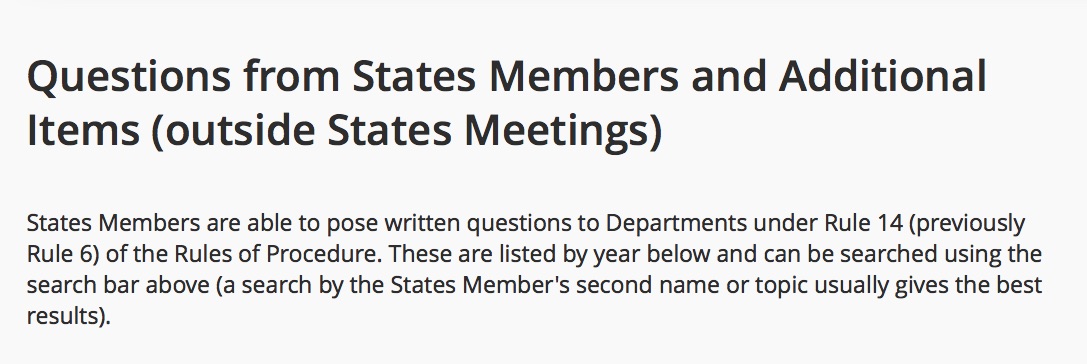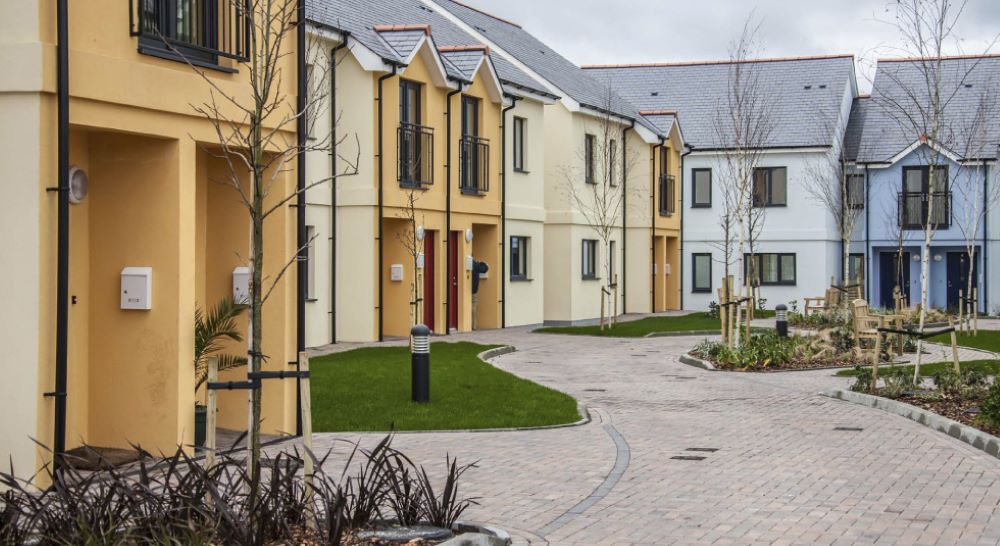


Deputy Lester Queripel has called out "one of the biggest mistakes the majority of the previous Assembly ever made" after learning that planning policy GP11 - which was intended to promote development of new social housing - has not led to a single unit being built in more than five years.
In 2016, the States' Assembly approved the Island Development Plan as a blueprint for residential, industrial, agricultural and horticultural land use. During debate, a section of the Plan on housing developments and social housing was amended by deputies.
Deputy Peter Roffey led the amendment, which requires any development of 20 or more properties to include a proportion of what is defined as affordable housing. This is the policy known as GP11.
The current President of the Development & Planning Authority, Deputy Victoria Oliver, who inherited the Plan, including GP11, when she was elected to her role in October 2020, recently described GP11 in an interview as a policy which applicants can "kind of get around".
Deputy Queripel said it was news to him that GP11 was flexible and he submitted Rule 14 questions to Deputy Oliver for written reply. She has now responded on behalf of the Authority.

Pictured: Deputy Victoria Oliver, President of the Development & Planning Authority
Deputy Oliver said that "within the IDP, and particularly GP11, there are exceptions".
She explained that exceptions can be made to reduce the percentage of social housing which needs to be included in a new development if it can be demonstrated that not doing so would make development of the site unviable.
"In such circumstances, we will assess economic viability by using recognised financial viability models and may consult independent viability assessors as part of the assessment process, particularly where there is dispute over viability issues," said Deputy Oliver.
"As the costs of consulting an independent viability assessor will be expected to be borne by the applicant, these costs can be included in the viability appraisal of their proposal."
Deputy Oliver also said that the Authority always tries to take a "pragmatic and flexible approach when calculating the required level of affordable housing provision where the continued viability of the proposal is threatened".

Pictured: Rule 14 of the States' Rules of Procedure allow States' members to submit written questions to a Committee President. They must be answered in writing. The questions and replies are published.
Deputy Queripel was surprised to receive replies to his questions which confirmed the flexibility of GP11. He said it further undermined GP11 as a policy to increase the island's stock of social housing.
"I was under the impression that any developer putting in plans for more than 20 units on a site had to then provide a certain percentage of affordable housing per additional unit," said Deputy Queripel.
"Surely it makes a complete mockery of having such a policy in place if developers can get around it, as claimed by Deputy Oliver."
Deputy Queripel was in the States when they approved the Island Development Plan. He said he always had reservations about GP11 and tried to persuade the States not to back Deputy Roffey's amendment.
"The majority of the previous Assembly voted in favour of an amendment laid by Deputy Roffey that sought to change the five units threshold that was proposed to 20 units," said Deputy Queripel.
"I voted against the proposition I hasten to add because I felt 20 units was much too extreme. I laid an amendment that sought to increase the threshold to 10 units, which I felt was far more reasonable and far more realistic and attainable.
"However, the 20 units amendment succeeded, and history has proved that I was right because not a single unit of affordable housing has been provided since that 20 units threshold was put in place over five years ago now. In my view, that was one of the biggest mistakes the majority of the previous Assembly ever made."

Pictured: In recent years, there have been very few new developments of social, affordable or specialist housing, such as Clos Barbier for key workers, built near the hospital.
Deputy Queripel is worried that an upcoming review of the Island Development Plan could lead to more permanent changes to policies such as GP11.
"Deputy Oliver clarified that [Deputy John Dyke] has been tasked with looking at the process that would need to be undertaken when seeking to amend policies of the Plan, which I found rather confusing," he said.
"I was always led to believe that the process that would need to be followed was: a review would need to be undertaken by an external body and that review could take up to 18 months and could cost up to £200,000 and a Policy Letter with propositions attached would then need to be laid in front of the Assembly for debate.
"Those are the sort of figures I recall being bandied around in the past, so in an attempt to clarify the situation I will be submitting some more Rule 14 [written] questions to Deputy Oliver."
Pictured (top): Deputy Lester Queripel, who submitted written questions seeking more information about the planning policy known as GP11.
Comments
Comments on this story express the views of the commentator only, not Bailiwick Publishing. We are unable to guarantee the accuracy of any of those comments.